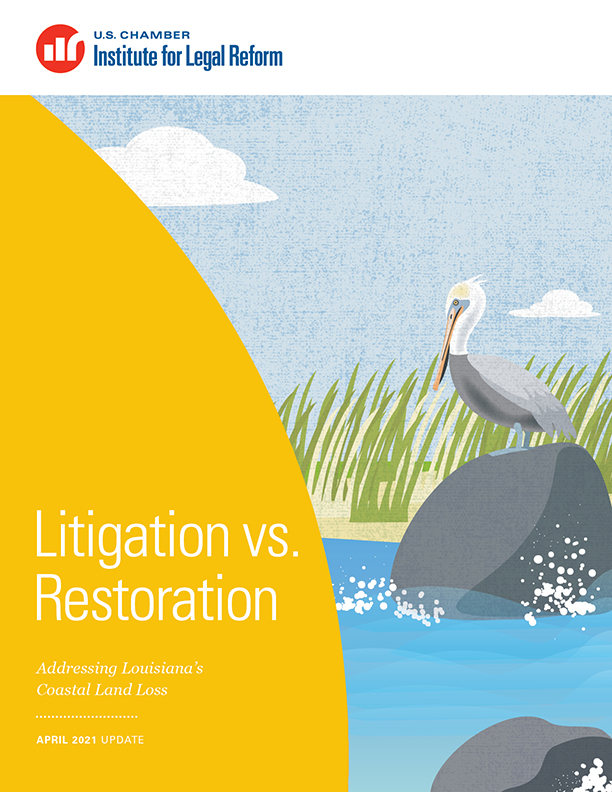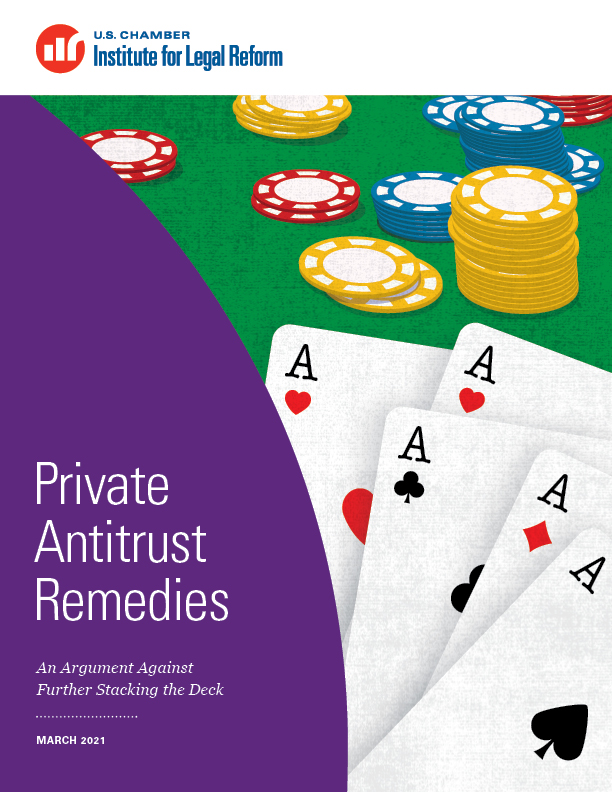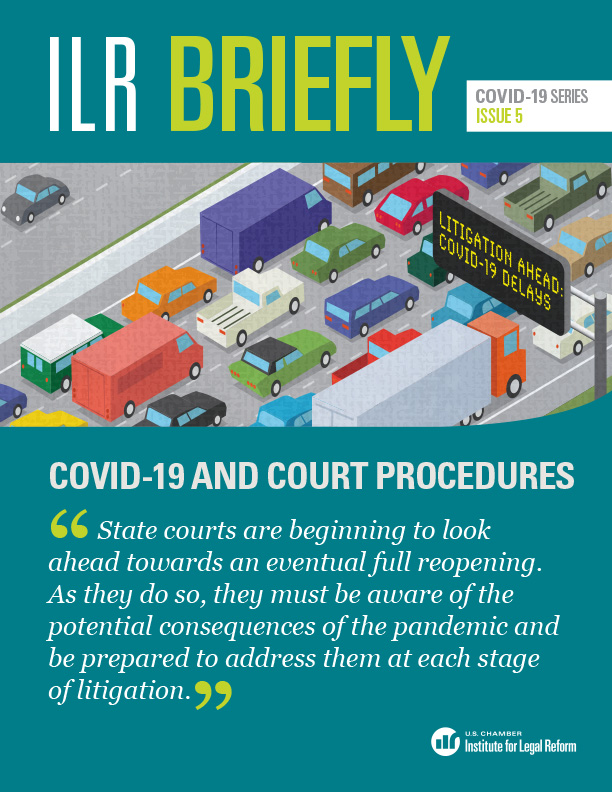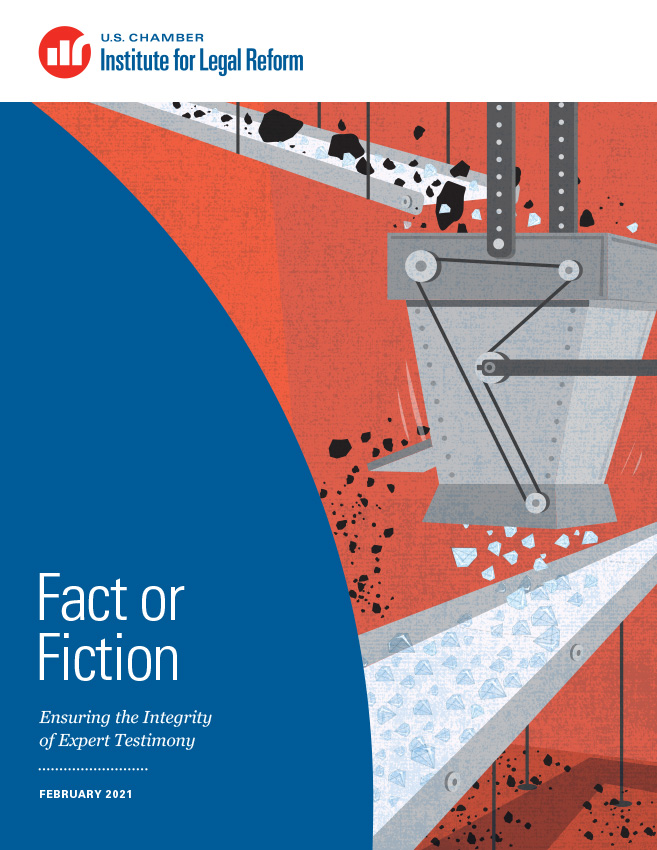The Spring 2021 edition of the ILR Research Review comes as COVID-19 is on the downswing in the United States, and it covers recent ILR research that examines the challenges and opportunities of a post-pandemic legal landscape.
First and foremost, there is the challenge of reopening. The latest edition of ILR Briefly looks at how state courts across the country are dealing with the massive pandemic-era backlog of civil litigation and offers recommendations for courts to manage this issue as they reopen and resume a normal pace of activity.
Then, turning away from the pandemic, there’s Louisiana. Pelican State lawmakers are examining whether or not to implement a settlement that would undermine efforts to repair Louisiana’s damaged coastline. Not only that, the proposed settlement could set off a chain reaction of settlements in similar litigation, and ultimately spawn more lawsuits. Litigation vs. Restoration examines the proposed settlement, and points to much more effective solutions for the state’s coastal erosion crisis.
At the federal level, a new wave of bipartisan populism has lifted antitrust issues into the national spotlight, with potentially dire consequences for American employers and antitrust jurisprudence in general. Private Antitrust Remedies focuses on one dangerous element among a slew of bad proposals on antitrust – namely, the ideas put forward in a late 2020 House Judiciary Committee report to expand private antitrust liability. ILR’s research explains why such an expansion is unnecessary and counterproductive.
The final paper in this Review examines a reform with the potential to significantly alter the litigation landscape. Fact or Fiction begins with a look at the critical role of expert testimony in the American civil justice system, then at the Federal Rule of Evidence governing admissibility of expert testimony (Rule 702) and its link to the Daubert line of cases. Finally, ILR’s research documents the frequent failure of many state courts to fulfill their role as gatekeepers in accordance with the Rule and calls on the Federal Advisory Committee on Rules of Evidence to strengthen it.*
*Note: at the end of April, the Advisory Committee on Rules of Evidence signaled its intent to affect the changes recommended in this paper through an amendment to Rule 702. At the time of this writing, the proposed amendment has not yet been formally published by the Committee.



